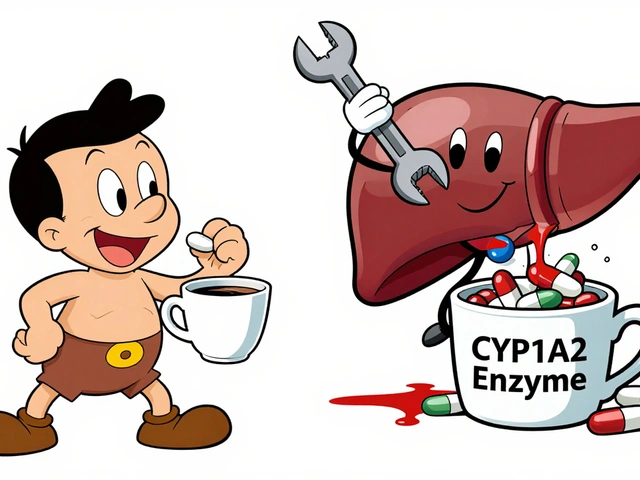SNRI Medication: What They Are and How They Help
If you’ve heard doctors mention "SNRI" and wondered what that means, you’re not alone. SNRI stands for serotonin‑norepinephrine reuptake inhibitor – a class of antidepressants that boosts two brain chemicals instead of just one. By raising both serotonin and norepinephrine levels, these drugs can lift mood, ease pain, and calm anxiety.
Common SNRI Drugs You Might See
The most talked‑about SNRIs are venlafaxine (Effexor) and duloxetine (Cymbalta). Venlafaxine is often prescribed for major depression and panic attacks, while duloxetine doubles as a treatment for nerve pain and fibromyalgia. Other options include desvenlafaxine (Pristiq) and levomilnacipran (Fetzima). Each comes in various strengths, so your doctor will pick the right dose based on what you need.
Benefits You Can Expect
SNRIs can be a game‑changer if SSRIs didn’t give enough relief. Because they target two neurotransmitters, many people notice quicker mood improvement and reduced physical pain. They’re also useful for chronic conditions like diabetic neuropathy or chronic back pain, where standard antidepressants fall short.
When you start an SNRI, it’s normal to feel a little jittery or have mild nausea in the first week. Those side effects usually fade as your body adjusts. If they linger beyond two weeks, let your prescriber know – a small dose tweak often fixes the issue.
One thing to watch is that SNRIs can raise blood pressure, especially at higher doses of venlafaxine. A quick check with your doctor’s office before each refill keeps things safe. Also, never mix an SNRI with certain migraine meds or other antidepressants without medical guidance – the risk of serotonin syndrome goes up.
For best results, take your SNRI at the same time every day, preferably with food if it upsets your stomach. If you miss a dose, take it as soon as you remember unless it’s almost time for your next one; then just skip the missed pill and continue regular timing.
Finally, talk to your doctor before stopping an SNRI. Going cold turkey can cause withdrawal symptoms like dizziness or “brain zaps.” A gradual taper over a few weeks makes the transition smoother.




